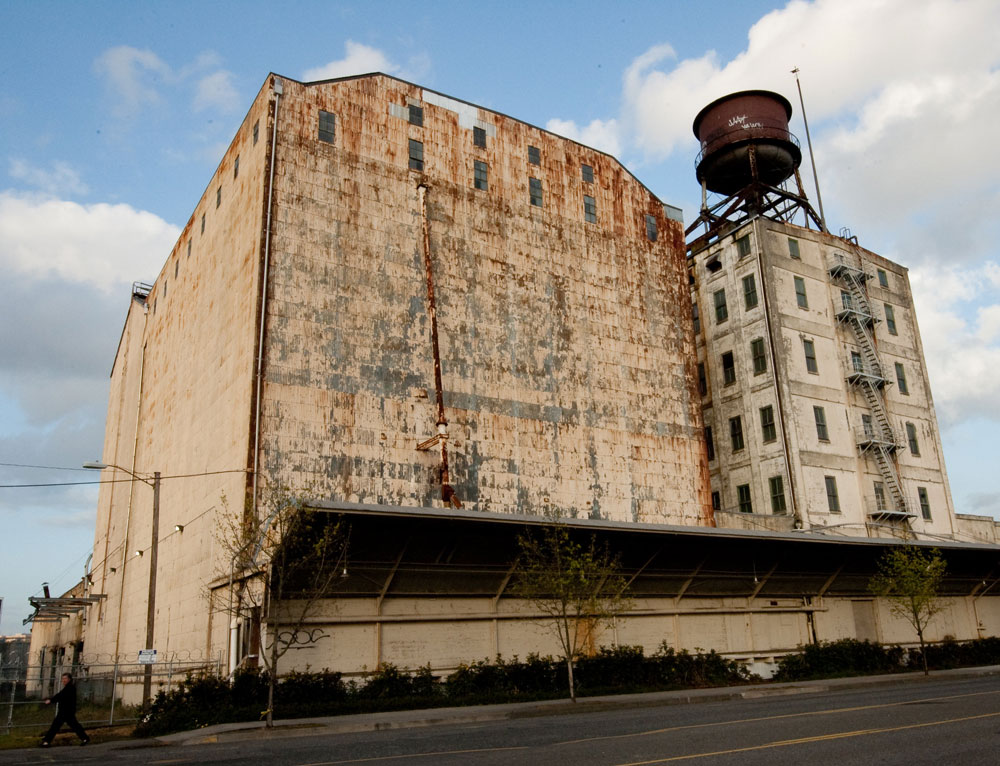
February 13, 2020; Portland Tribune
NPQ has covered the growth of community land trusts in the United States, and more recently, the emergence of land trust hospitals and health care systems, situations where hospitals provide funding for the purchase of land and renovation of homes. These land trusts are one of many ways hospitals are seeking to provide affordable housing for their local communities, thereby reducing poverty, one of the critical social determinants of health.
Now, here is another example of a hospital entering the affordable housing field from Oregon. Cascadia Behavioral Healthcare (Cascadia) will soon break ground on a building containing 71 affordable apartments in the Centennial neighborhood of Portland. Cascadia’s mission is to “[deliver] whole health care—integrated mental health and addiction services, primary care, and housing—to promote hope and support the well-being of the communities [it] serve[s].”
This type of model views housing as a social determinant of health, a necessary component to health and safety in its community, termed by Cascadia as “whole health care.” For 30 years, Cascadia has developed and managed safe, affordable housing, focused on Oregon residents with mental illness and addictions. Currently, the nonprofit owns, operates, and/or manages 1,000 units of housing in sites that are licensed residential, permanent supported housing, and independent housing. Cascadia manages applications for housing through an online system called RENTCafe in order to allow for a fair process compliant with government regulations.
The most recent planned building project will be located at 3800 SE 164th Avenue at Powell Boulevard, which used to house a bowling alley. Called the Centennial Place Apartments, the building will comprise 71 units, including 15 studio homes, 32 one-bedroom units, and 24 two-bedroom units. Eighteen of these homes will be reserved for people that have mental health issues, placed throughout the building so that they are part of the Centennial Place community. The other 53 units will be for households with income below 60 percent of the area median income, $52,740 for a four-person family.
Preference will be given to households that have students enrolled in the Centennial School District and are families identified as homeless or at risk for homelessness. Lori Palmiter, the homeless services liaison with the school district, has stated of this partnership, “It’s a wonderful thing. We’re excited about it.” She also commented that they will be able to refer families to the units once they are complete, since they fall within the school district boundaries.
Sign up for our free newsletters
Subscribe to NPQ's newsletters to have our top stories delivered directly to your inbox.
By signing up, you agree to our privacy policy and terms of use, and to receive messages from NPQ and our partners.
The Centennial Place units are anticipated to be complete in early 2022, and Cascadia will be applying for the building permits in mid-April, with official building beginning in August or September. Funding to support the project comes from the Oregon Health Authority, Oregon Housing and Community Services, with a rent subsidy from Multnomah County. The proposed building will also have community gathering spaces, potentially to be used as study spaces or tutoring for students. Additionally, a 25,000 to 30,000-square-foot clinic is planned for the space as well, modeled on the Garlington Health Center and Garlington Place Apartments in northeast Portland, which was Cascadia’s first such housing and healthcare project. The Centennial clinic will include six examination rooms and a lab to provide basic primary care and care for behavioral health issues, targeted toward low-income people but welcoming of the entire community.
Jim Hlava, vice president for housing with Cascadia, has said he does anticipate some concern from the surrounding community about construction-related disruption, as well as the impact of the mental health issues some of the residents and clinic clients may be experiencing. But Hlava also states “there is a need for this type of housing,” and that he and Cascadia will plan meetings to address any community concerns.
Hlava notes, “We’re not hiding that we are a mental health organization…my approach is to help people understand there is a benefit to the community.” He also comments that the Garlington Center has a good relationship with the local community, and he anticipates the same for Centennial Place.
Including social determinants of health, such as housing, into how our society manages health care is an important step forward in closing the gaps in health care delivery in the United States. Public housing is often found severely lacking in many parts of the country where inequality is most striking.
Housing is, of course, tied to income, which is also tied to access to health care. And even if someone is able to access health care, if they have no reliable shelter, how sustainable is their quality of health? Additionally, if housing is inadequate, it can actually make families sick from factors such as mold, pests, physical crowding, and peeling lead paint.
Access to affordable, safe housing is thus crucial to improve and maintain the health of communities, especially those underserved by our current system.—Kristen Munnelly













